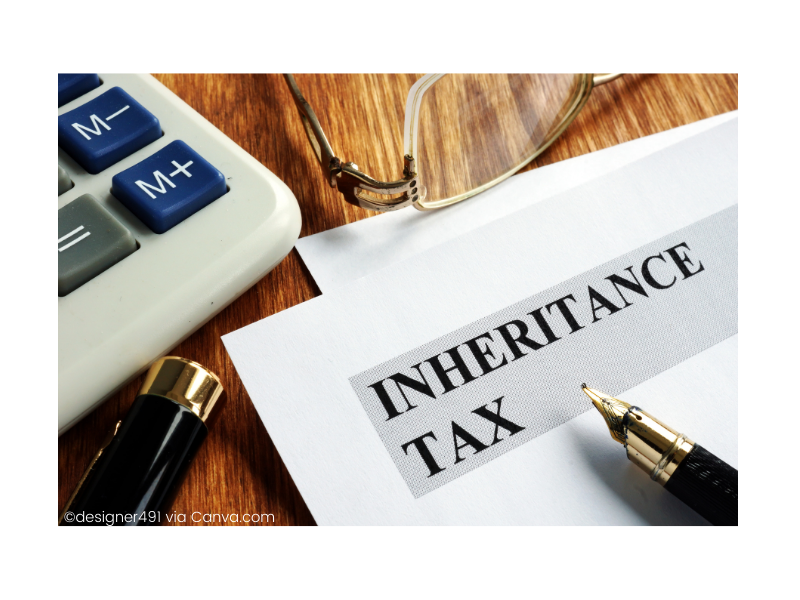Excepted Estates – When don’t I have to fill in Inheritance Tax Forms or apply for Probate?
When someone dies, some estates are described as Excepted Estates. This means that you may not need to apply for Probate or complete inheritance tax forms.
What’s an Excepted Estate?
An excepted estate is one where you don’t need to report to HMRC and the Probate Registry about how much someone’s estate was worth after they died.
If you don’t need probate, then you don’t need to complete IHT forms and you are likely to be an excepted estate. We have another article about when you need to complete probate. Filling in IHT205 forms doesn’t mean that you will have to pay tax. See our article on IHT for more detail.
Types of Excepted Estate
There are three types of excepted estate:
- Low value estates, that are worth less than £325,000 of UK assets (this is the Inheritance Tax threshold)
- Exempted estates where all the assets were owned by two or more people, up to the value of £3,000,000
- Estates where the deceased had a permanent home outside of the UK
When is an estate not an excepted estate?
You will need to complete probate and fill in an IHT form if the person who died:
- Gave away over £250,000 in the 7 years before he/she died
- Left an estate worth more than £3 million (see changes to allowances below)
- Had foreign assets worth more than £100,000
- Was living permanently abroad when they died but had been a UK resident
- Ad pensions/life insurance policies that non-spouse or civil partners benefited from
- If the estate includes trusts worth over £250,000
What should I do now?
- It’s worth knowing what the estate’s value – use Settld to find out about accounts including our open banking and asset search facilities to make sure you haven’t missed anything
- For complicated estates – consider getting legal advice from a solicitor, probate specialist or accountant – we have an article on who to use
Please note that the figures quoted here are for someone passing away after 1st January 2022. Before that date the allowances were lower.
Changes to allowances on December 31st 2021
These are the allowances that mean you are unlikely to have to pay inheritance tax and may qualify as an Excepted Estate:
| Type of Allowance | Before 31st December 2021 | After 1st January 2022 |
| Inheritance Tax Threshold | £325,000 | £325,000 |
| Residence Nil Rate Band | £175,000 | £175,000 |
| Residence Nil Rate Band | £325,000 | £325,000 |
| Spouse/partner allowance for joint assets | £1,000,000 | £3,000,000 |
| Foreign Domiciliary | £150,000 | £150,000 |
We recommend that you get advice from a probate specialist if you’re unsure about how the allowances and Excepted Estates apply to you.
At Settld, we specialise in simplifying the process of end-of-life administration. Our service is free to members of the public and is designed to make it easy for you to notify companies when a loved one has died, and request closure, transfer or amendment of their accounts. All you have to do is fill in a simple online form.
If you’d like to know more about Settld and how we can help, visit our website www.settld.care or you can email support@settld.care or call us on 0333 111 1111 (9am-5pm, Monday to Friday)
More Information is available from:





